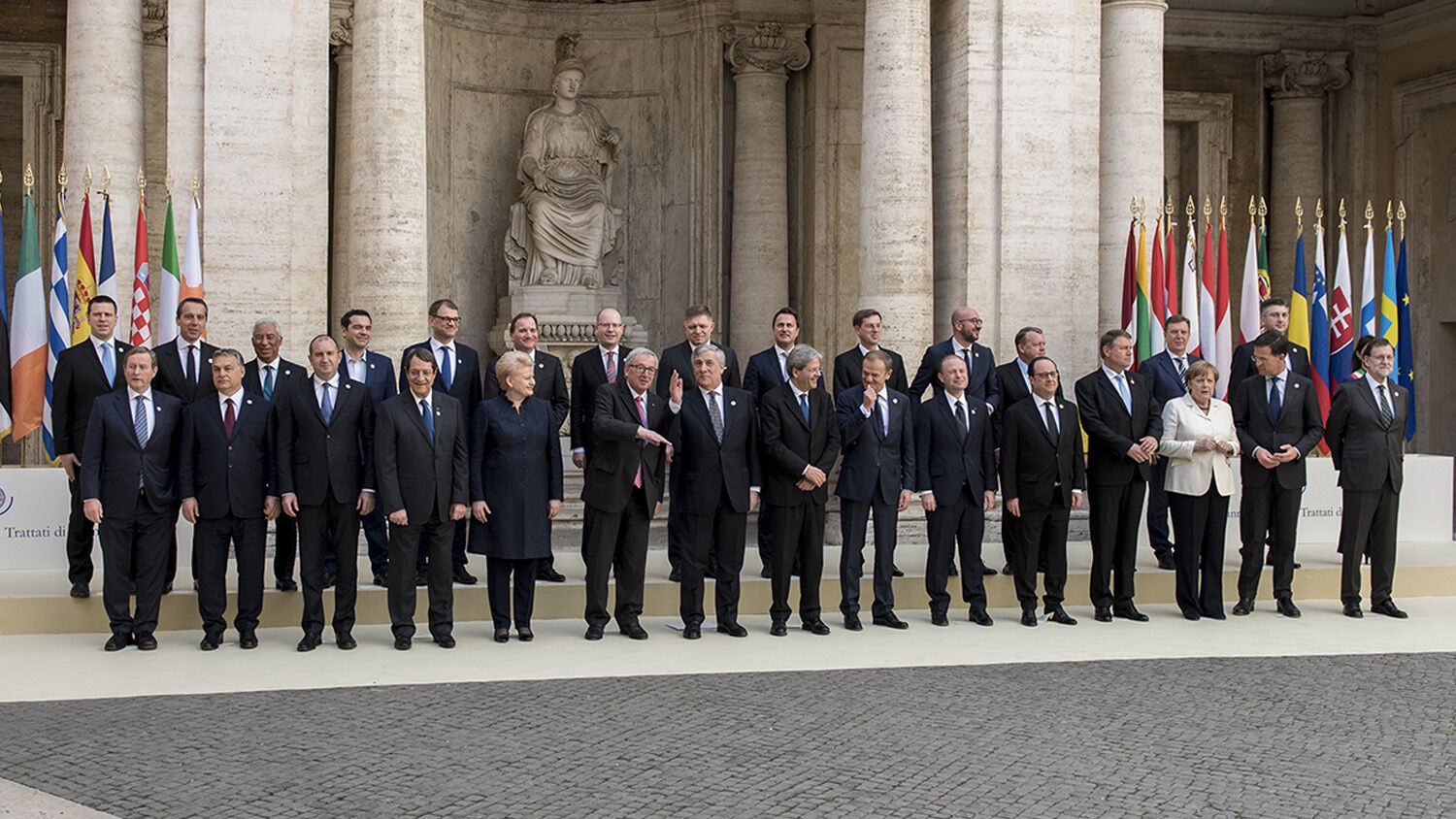
How to Continue After 60 Years of a United Europe
Since the signing of the Treaty of Rome on March 25, 1957, more and more European nations have steadily grown into an ever closer union. A week ago, the European Union celebrated another anniversary: the 60th anniversary of that treaty. But this anniversary comes after the dream of an ever growing, ever integrating union has busted. Britain is officially leaving, and significant portions of other nations have said they want out as well. Is it time to try something new?
For the first time, the anniversary of the Treaty of Rome was celebrated with one member less than the previous year. It was a solemn day as European heads of state discussed the future of Europe without Britain. Never before has Europe faced such a great internal dilemma. It is still struggling with ongoing financial crises, ongoing refugee crises, and now the existential crisis known as Brexit. Leaders are questioning whether the EU can hold together with so many forces pulling it apart, and if so, how? At the same time, external pressure is increasing, with an aggressive Russia to the east, a tumultuous Middle East to the south, and a demanding, withdrawing America to the west.
The evening prior to March 25, the heads of all the European member states, except Britain, met in Italy for an address from Pope Francis. He reminded them of the tumultuous times Europe is facing and that Christianity is “at the origin of European civilization,” which is the main force able to unite Europe. The pope also urged heads of state to fight rising populism in their countries. Francis warned that if the EU loses its “sense of direction,” it “risks dying”—therefore, to find a way forward, Europeans need to return to their Christian roots.
The anniversary of the Treaty of Rome is very much connected with the Roman Catholic Church. March 25, in fact, is celebrated by Catholics around the world as the Feast of the Annunciation, the day on which they say Jesus Christ was conceived.
The crises swirling around Europe are prompting talk that the Union now needs to be renewed, or even reconceived. One main topic of discussion was a Europe of different speeds, proposed by Germany with the support of France and Spain. This would allow nations that want to integrate quickly to do so, while leaving other nations on a slower track. Other nations were not so keen on the idea, fearing they will be left behind as Germany and others move ahead.
But one area they did agree on is Europe’s place in the world. Their declaration called for a Europe with “the will and capacity of playing a key role in the world.” It called for a Union committed to “strengthening its common security and defense.”
The common realization now is that Europe has to implement radical changes to survive in a radically different world. Brexit served as a wake-up call, U.S. President Donald Trump and Russian President Vladimir Putin are adding to the urgency, and the refugee and financial crises portray the common enemy and problem. Germany gives the leadership, and Pope Francis gives the solution: Europe needs to revive its Christian (Catholic) ideology. The Bible says a core Europe will unite with Germany at the top guided by the Catholic Church.
